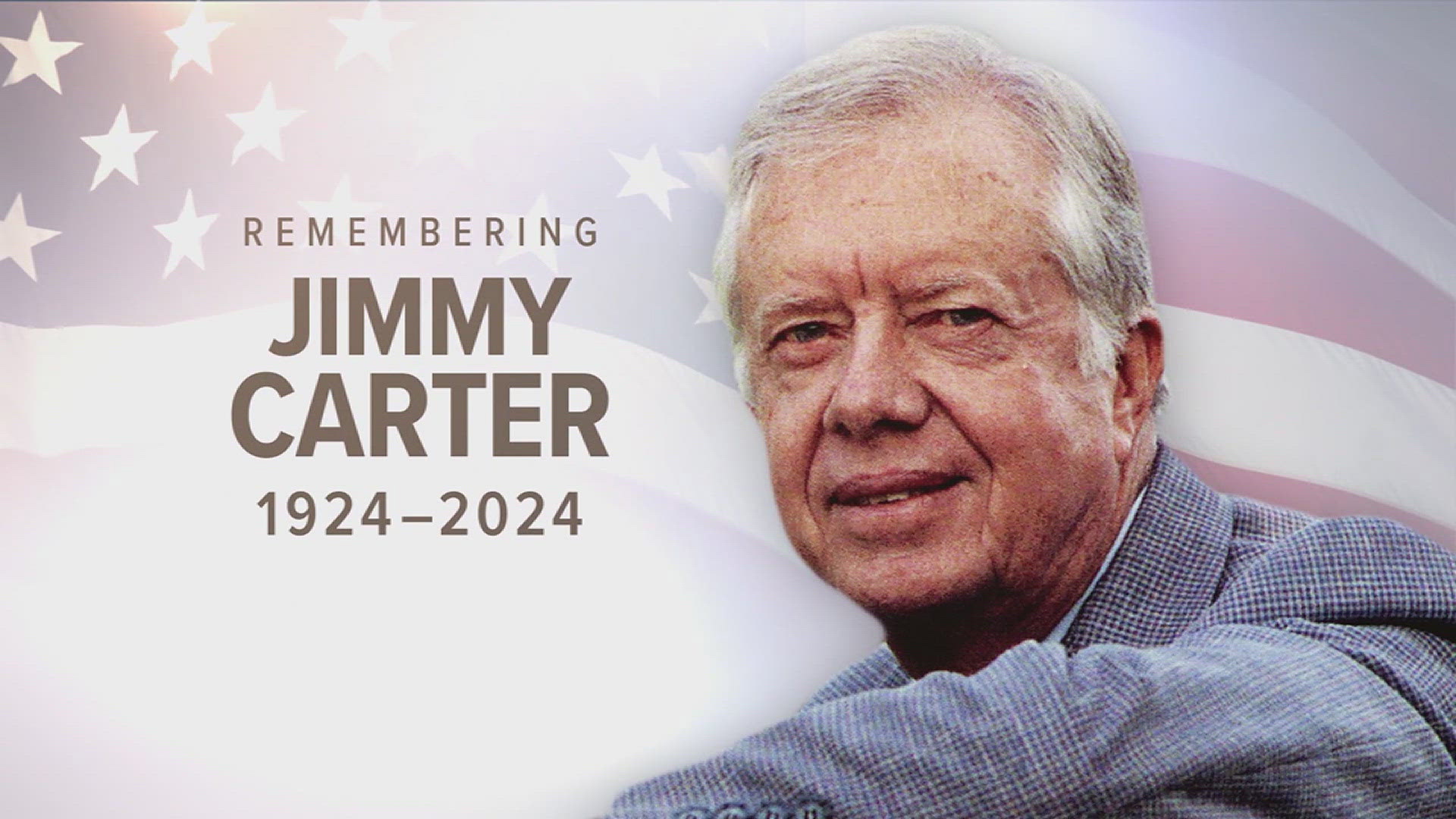(Akiit.com) For weeks, Delores Smith, membership coordinator at the Madame C. J. Walker Theater in Indianapolis, has e-mailed and called Sen. Barack Obama’s representatives, hoping he’ll hold a campaign event at the 937-seat theater. It is, after all, named in honor of one of the nation’s first black millionaires. And its place in the heart of one of Indianapolis’ oldest black neighborhoods makes it a key stop for candidates seeking this city’s nearly quarter-million African-American voters — the largest concentration in Indiana. But so far, Smith says, “I haven’t heard anything.”
Even before the major distraction this week caused by the remarks of black liberation theologist and former Obama pastor Jeremiah Wright, black voters in Indiana have been feeling ignored. While both Democratic presidential candidates have been jockeying for the rural, working-class white voters who make up much of Indiana’s electorate, they have been largely absent from predominantly black neighborhoods that have historically been among the party’s strongholds. For much of the campaign in Indiana, as well as around the country, many black voters feel there has been little effort to engage them on issues that have particular impact in the black community, such as the home foreclosure and HIV crises.
Amos Brown III, one of Indianapolis’ most popular black talk radio hosts, says many African Americans here, like elsewhere in the country, were buoyed by Obama’s success in overwhelmingly white states like Iowa and Idaho. Obama generated even more local excitement with his March 15 visit to a suburban Indianapolis high school. But since then, Brown says many of his listeners are asking, “Where is he? And, is he going to come to the ‘hood or not?’ Hoosiers, black or white,” Brown adds, “like to be courted. It’s important to go to the smaller towns, but it’s just as important to go out into the neighborhoods of the big city. I haven’t seen that with Barack or Hillary.”
Except for a brief visit last Sunday to Country Kitchen, a popular soul food restaurant here, Obama hasn’t made a significant appearance in any black neighborhood in Indianapolis, or elsewhere in the state. Last weekend, Sen. Hillary Clinton assembled a modest crowd at a Bennigan’s in largely black Gary, in Indiana’s northwest corner. Chelsea Clinton has been dispatched to many of Indiana’s colleges, but not Martin University, a small, predominantly black school here. “If her job is to work the college crowd,” says Brown, “why not go there?”
Cornell Burris, the 72-year-old president of the 1,000-member NAACP branch in Indianapolis, said he couldn’t bring himself to be present at Sen. Obama’s visit last month to Plainfield. “To be honest,” Burris said last week, carefully choosing his words, “I didn’t like the idea that it was out there in that particular sector of Marion County. It’s a predominately white neighborhood. I’d hoped to see him in the inner city of Indianapolis, not in the suburbs.”
To some degree, Obama has been constrained by a desire to not be marginalized as a black candidate — a concern, of course, that lay behind his distress over the comments by Rev. Wright. Furthermore, speaking about black-specific issues to African-American audiences carries some risk. “If he starts talking about these things in meaningful terms directly to the black community, white people will be disaffected by that,” says Ron Walters, political science professor at the University of Maryland.
Some of Obama’s support among black voters has been driven by comments by Sen. Clinton and her surrogates that have been interpreted as both racially inflammatory and an attempt to curry favor with conservative white voters. David Bositis, senior research associate at the Joint Center for Political and Economic Studies, a Washington think tank specializing in black issues, said that last fall he estimated Clinton had the potential to win about 50% of the black vote nationally. After Obama’s dramatic performance in Iowa, he put the figure at 33%. Now, he believes she will take only 10% to 15%. So far, in Indiana, the Clinton campaign has made little significant effort to court black voters. To some, it’s as if Clinton’s campaign has written off blacks because they are not, in the words of one of her campaign’s volunteer, part of the New York senator’s “natural orbit,” like Latinos, women and older voters.
Much is at stake for the Democrats. While blacks account for barely 9% of Indianans, they are a crucial constituency neither candidate can afford to alienate, or take for granted. Indeed, some locals are pointing to the way Obama conducted his campaign in Pennsylvania as an object lesson. At one point, the Illinois Senator was asked about his lack of activity in Philadelphia’s black neighborhoods and told the Philadelphia Daily News, “I’m a big believer in going to places where you’re weak, not where you’re strong, and reaching out to people you might not otherwise expect to vote for you.” Days later, after Obama failed to carry Philadelphia by a large enough margin to compensate for losses elsewhere in the state, the newspaper ran a story with the headline, “Did Obama blow the election by blowing off Philly?”
Written By Steven Gray









Leave a Reply